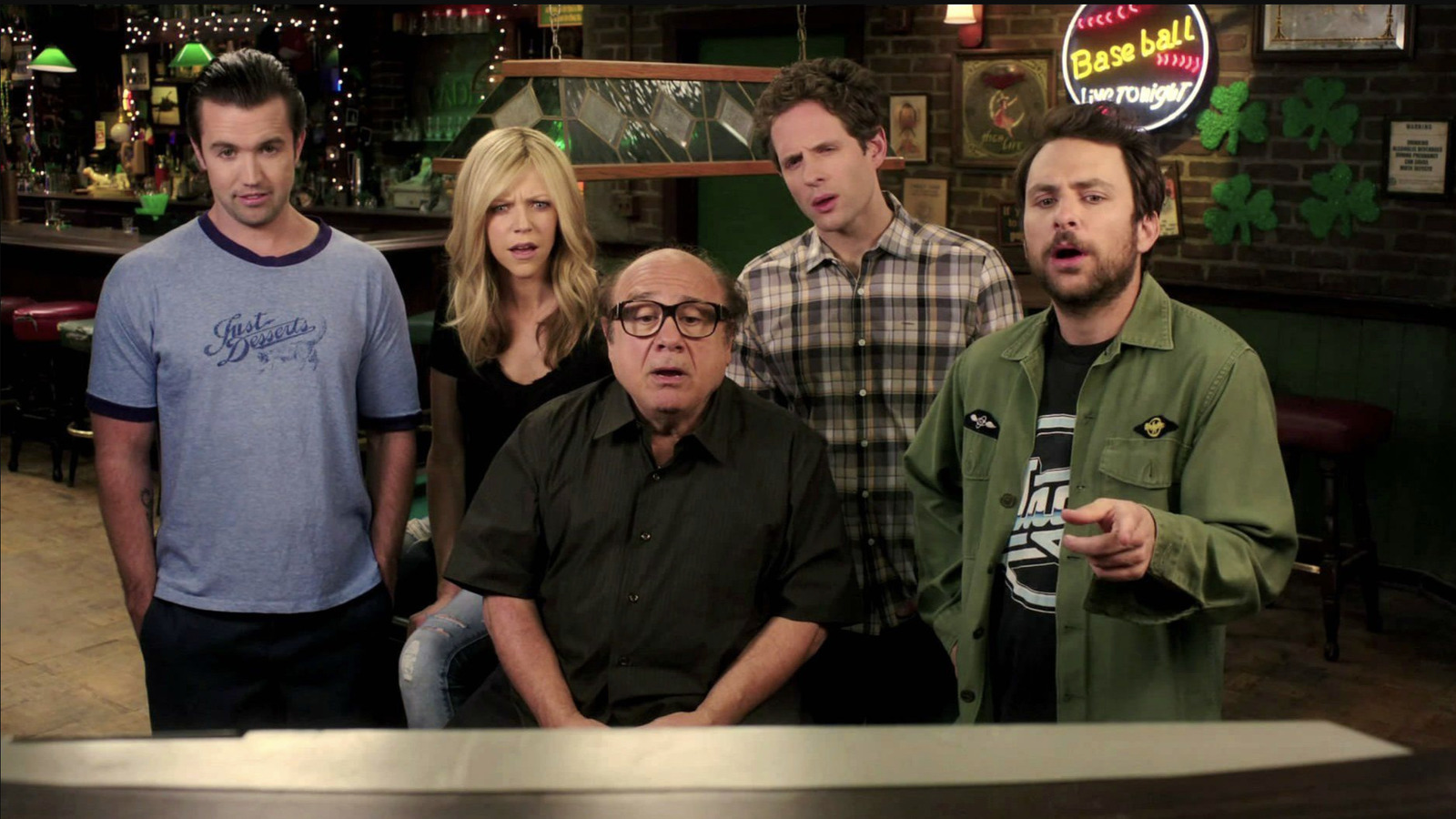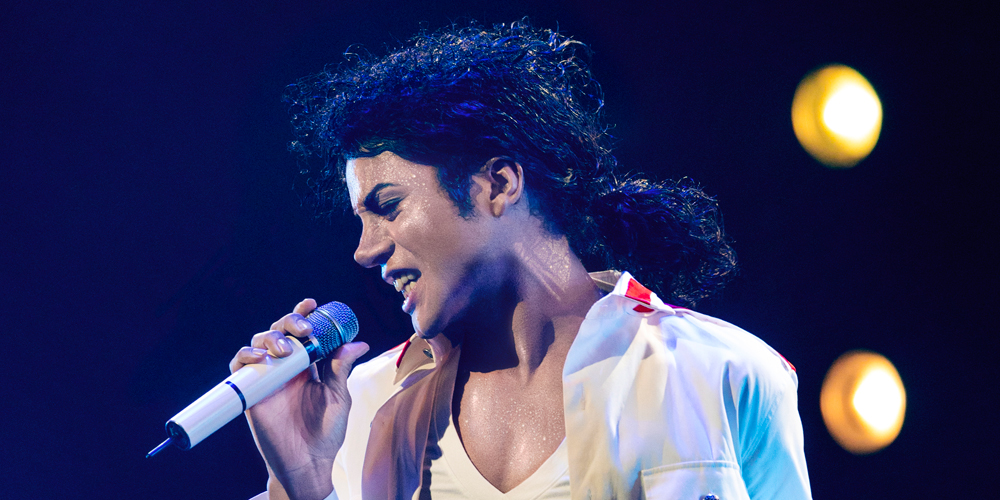From the very beginning, the “It’s Always Sunny” creators took an uncompromising approach to their comedy. They didn’t think they’d last very long on the air in the early seasons, so they had nothing to lose — especially before the actors had real-life responsibilities like children and mortgages.
“We decided from quite early on that we weren’t going be bound by the normal laws of television,” Howerton recalled in a 2015 interview with Vice. “By the time we got to season 3, I remember having a specific conversation with the guys where […] our attitude was like, ‘Any minute the show’s gonna get canceled, so f*** it, let’s see how far we can go with these characters — let’s see how far we can push them.'”
Even still, the purpose of the show has always been to satirize and poke fun at its characters, not to condone them. Howerton admits that the series creators have gotten better at making their messaging clear over time.
“I don’t think we were quite as good at this in the early seasons … making it clear that the writers of the show aren’t saying that this behavior is funny because we like it and we stand by it,” says Howerton. “It’s funny because it’s so awful, and it’s exactly what you’re not supposed to do.”
It might step over the line at times, but the goal of “It’s Always Sunny in Philadelphia” has always been strikingly clear — it’s a critical satire, through and through.



